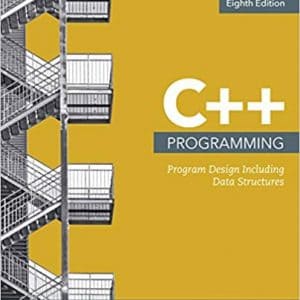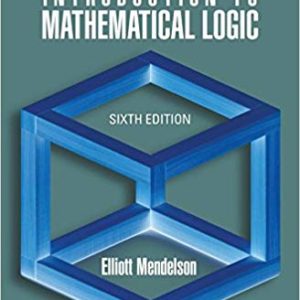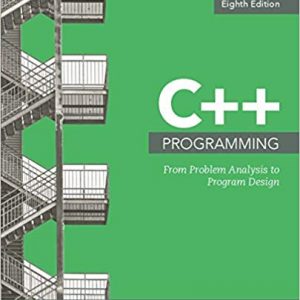Fuzzy social choice theory is useful for modeling the uncertainty and imprecision prevalent in social life yet it has been scarcely applied and studied in the social sciences. Filling this gap, Application of Fuzzy Logic to Social Choice Theory (PDF) provides a comprehensive study of fuzzy social choice theory.
The ebook explains the concept of a fuzzy maximal subset of a set of alternatives, fuzzy choice functions, the factorization of a fuzzy preference relation into the “union” (conorm) of a strict fuzzy relation and an indifference operator, fuzzy versions of Arrow’s theorem, fuzzy non-Arrowian results, and Black’s median voter theorem for fuzzy preferences. It examines how exact and unambiguous choices are generated by fuzzy preferences and whether exact choices induced by fuzzy preferences satisfy certain plausible rationality relations. The expert authors also extend known Arrowian results involving fuzzy set theory to results involving intuitionistic fuzzy sets as well as the Gibbard–Satterthwaite theorem to the case of fuzzy weak preference relations. The final chapter discusses Georgescu’s degree of similarity of two fuzzy choice functions.







Reviews
There are no reviews yet.